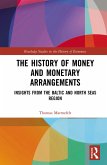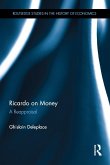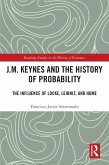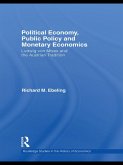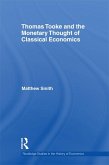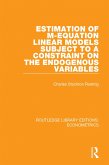This book provides a theoretical analysis of four historical cases in the Baltic and North Seas region, with a view to examining evolution of monetary arrangements from a new monetary economics perspective. Since the objective exhange value of money (its purchasing power), reflects subjective individual valuations of commodities, the author assesses these historical cases by means of exchange rates. Using theories from new monetary economics , the book explores how the units of account and their media of exchange evolved as social conventions, and offers new insight into the separation between the two. Through this exploration, it puts forward that money is a social institution, a clearing device for the settlement of accounts, and so the value of money, or a separate unit of account, ultimately results from the size of its network of users.
The History of Money and Monetary Arrangements offers a highly original new insight into monetary arrangments as an evolutionary process. It will be of great interest to an international audience of scholars and students, including those with an interest in economic history, evolutionary economics and new monetary economics.
Dieser Download kann aus rechtlichen Gründen nur mit Rechnungsadresse in A, B, BG, CY, CZ, D, DK, EW, E, FIN, F, GR, HR, H, IRL, I, LT, L, LR, M, NL, PL, P, R, S, SLO, SK ausgeliefert werden.



